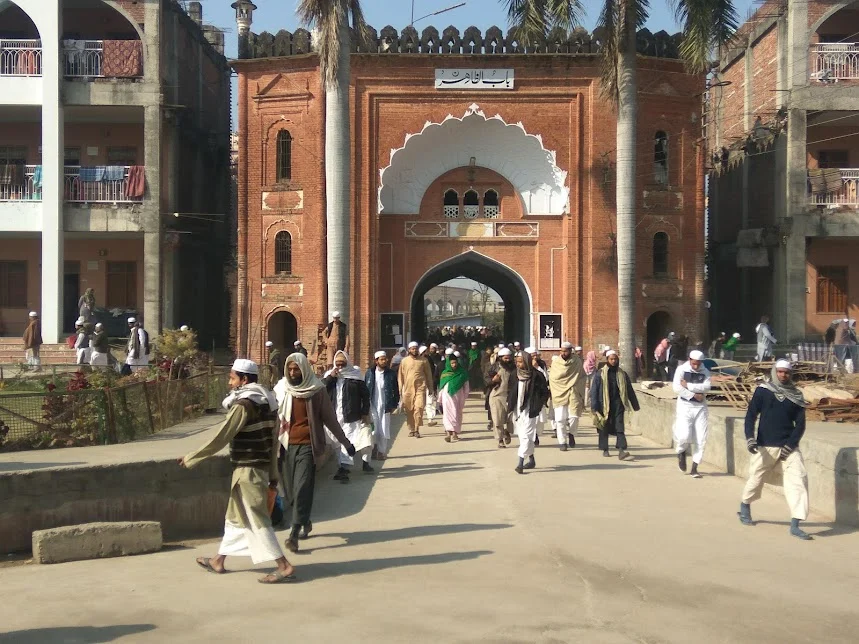United Front Formed to Challenge High Court Ruling
LUCKNOW- In the aftermath of a pivotal High Court decision, the wheels of activism are turning both within government circles and among organizations affiliated with madrasas. With the specter of closure looming over these educational institutions, concerted efforts are underway to mount a political and legal defense.
According to sources within madrasa organizations, meticulous consultations with legal experts have culminated in the preparation of a Special Leave Petition (SLP) aimed at challenging the High Court’s verdict. Plans are set in motion to file the SLP before the Supreme Court on April 1, underscoring the urgency of the situation.
A delegation representing these organizations recently convened at the BJP office in Delhi, where they engaged with Jamal Siddiqui, the national president of the BJP Minority Front, to garner political support. Present at the meeting was Ashfaq Saifi, Chairman of the Uttar Pradesh Minority Commission, reaffirming the commitment to address the grievances voiced by the Teachers Association Madras Arabia.
Emphasizing the need for unity amidst adversity, Jamal Siddiqui underscored the imperative for all madrasa organizations to set aside their differences and collaborate towards a common goal. Echoing this sentiment, Ashfaq Saifee assured the delegation of the government’s readiness to extend assistance within the confines of the law.
However, the road ahead is fraught with financial hurdles, as engaging eminent lawyers of the Supreme Court demands a substantial financial outlay. In light of this, a plea for cooperation has been issued to all stakeholders. Meanwhile, teachers advocate for a multi-pronged approach, suggesting tapping into specific funds managed by madrasa managers and principals, as well as leveraging membership fees from affiliated organizations.
The recent High Court ruling, deeming the 2004 Madrasa Education Act illegal, has sent shockwaves across the madrasa community. With over 26 lakh students enrolled in more than 15,000 madrasas approved by the Madrasa Board in Uttar Pradesh, the ramifications of potential closures are far-reaching.
As the countdown to April 1 begins, the fate of these institutions hangs in the balance, with teachers, students, and administrators alike grappling with uncertainty. The collective resolve to challenge the verdict underscores the significance of preserving the rich heritage of madrasa education in the face of adversity.
As the legal battle unfolds, stakeholders remain resolute in their determination to safeguard the future of madrasas and uphold the right to education for all. The coming days will undoubtedly witness a clash of legal arguments and political maneuvering as the struggle for the soul of madrasa education reaches a critical juncture.

